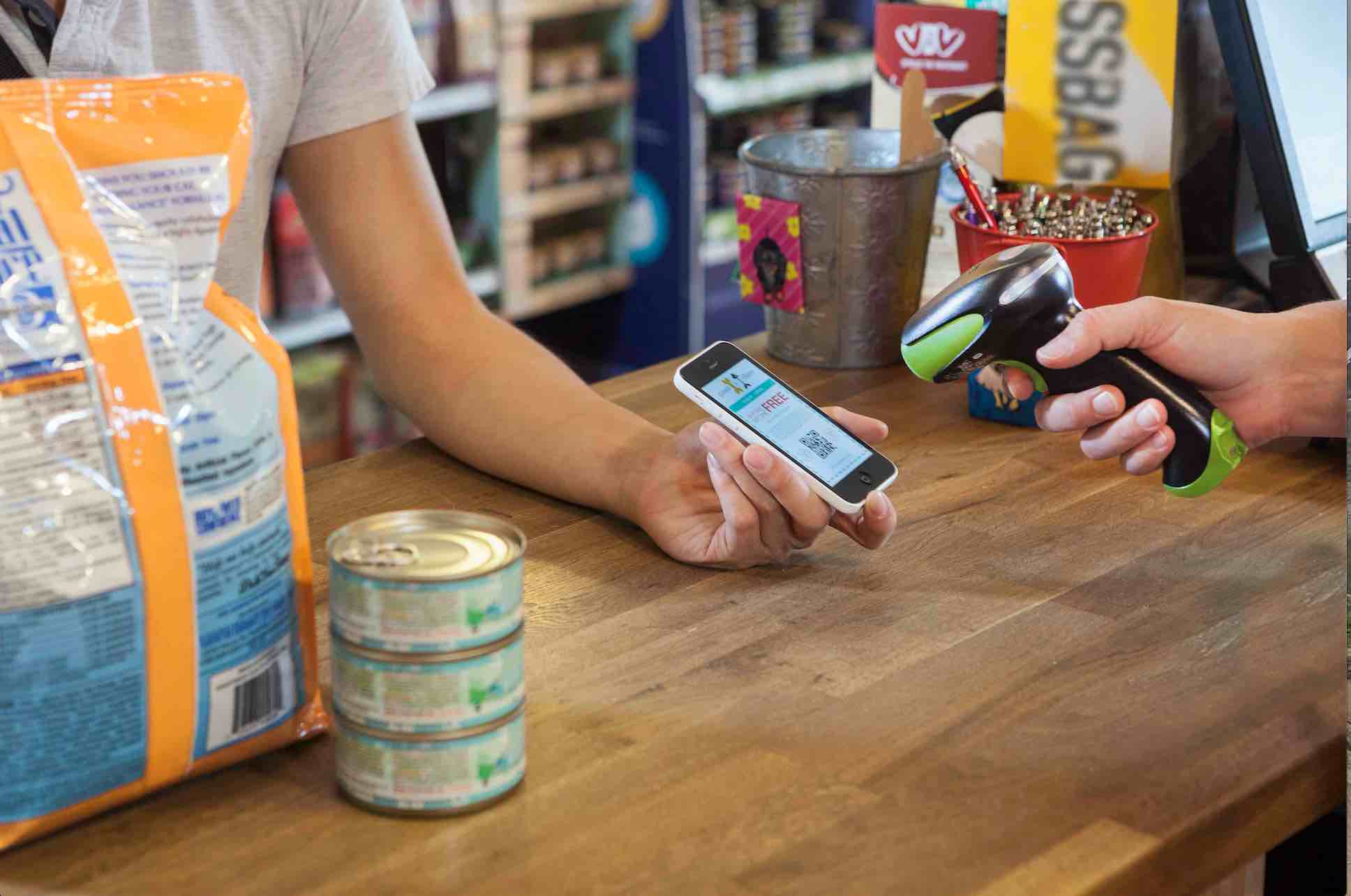Why Sustainable Barcode Scanners Are Better for Business
Think about the latest advancements in power generation and storage. You probably don’t go all the way back to the 1950’s, but that’s when super-capacitors were first used to power military machinery, like tanks and submarines. Today, super-capacitors have become more mainstream, and are now commonly used in hybrid-electric vehicles, industrial equipment, appliances and electronic devices. 
Taking it a step further, by adapting larger, industrial super-capacitors for smaller applications, this reliable, safe and environmentally-friendly power solution has been made available for handheld wireless barcode scanners, as well. With battery-free scanners, companies can now improve their sustainability, while reducing costs and overall employee downtime caused by dead devices.
What’s in Your Scanner?
Today, lithium-ion is the most common type of battery used in handheld wireless barcode scanners. When fully charged, a battery-powered scanner will typically work for an eight-hour shift before needing to be recharged. After approximately 500 charge cycles, that battery will need to be discarded and replaced. At that rate, a battery that is recharged once a day will need to be replaced in less than a year and a half. This causes unwanted waste and hassle, and if the batteries are not field-replaceable, the scanner needs to be shipped to a service center, which can lead to even more unnecessary costs and downtime.
A super-capacitor changes the stakes. Instead of producing power through a chemical reaction like a battery, a super-capacitor includes two plates that serve as electrodes. These plates store energy, and today the power needed to run a traditional handheld scanner can be produced by a super-capacitor that is smaller than the average lithium-ion batteries used today.
While early versions of super-capacitor-powered scanners could only hold a charge for a few minutes, new versions – like the Xenon 1902g-bf from Honeywell – can scan 450 codes on one charge and recharge in less than 30 seconds. With Honeywell-patented technology, this scanner will have sufficient power to handle more than 100 scans in less than 20 seconds of charge time.
Due to the quick recharge capabilities of the super-capacitor scanners, they’re ideal for retail point-of-sale settings, as they’ll quickly recharge while resting in the cradle, and be available all day and night at a moment’s notice.
Green is Good
The use of lithium-ion batteries is currently a growing environmental concern, as these batteries are impractical to recycle because of the effort and expenses involved. Many end up in landfills or are disposed of improperly. Super-capacitors, on the other hand, can be discharged and recharged hundreds of thousands of times, which means no batteries ending up in a landfill and no replacement purchases to be made. The use of battery-free barcode scanners can help publically demonstrate a company’s dedication to sustainability.
Hands down, super-capacitor scanners are the most environmentally-friendly option available to read barcodes, and their scanning performance matches that of traditional battery-powered scanners. While there are some limitations to these scanners due to the relatively short use time per charge, this is offset by their extremely fast recharge time and long lifecycle.
In addition, the lack of a battery means the scanner can be much lighter in weight. Store associates have reported that these scanners are more comfortable and ergonomic, which helps contribute to job satisfaction.
As super-capacitor technology continues to evolve, expect to see more broad use across barcode scanners and other handheld devices. Many are unaware that battery-free wireless devices even exist, and that provides a window of opportunity for companies to be on the cutting edge by implementing this green technology into their operations.
 About the Author:
About the Author:
Stan Zywicki is the Global General Manager for Scanning and Printing at Honeywell. In his more than 15 years of experience at Honeywell, he has been responsible for manufacturing engineering, lean business operations, product management and general business management. He and his teams have brought more than 30 new product innovations to market in just the last 3 years.
